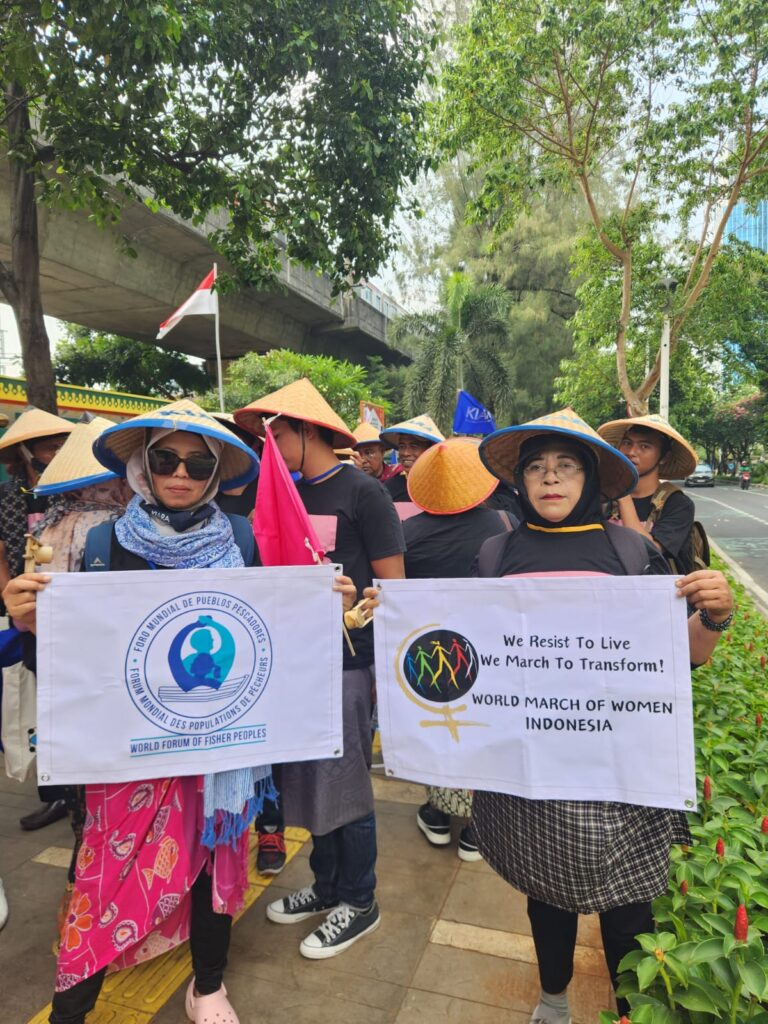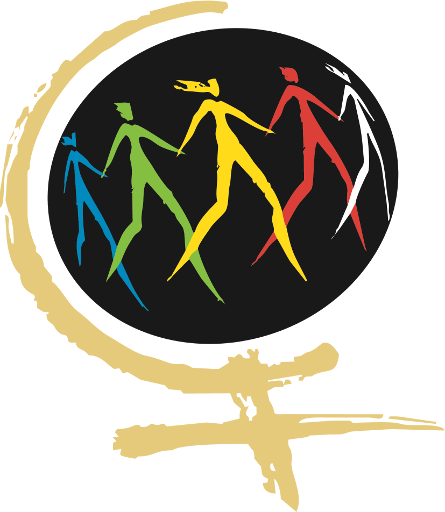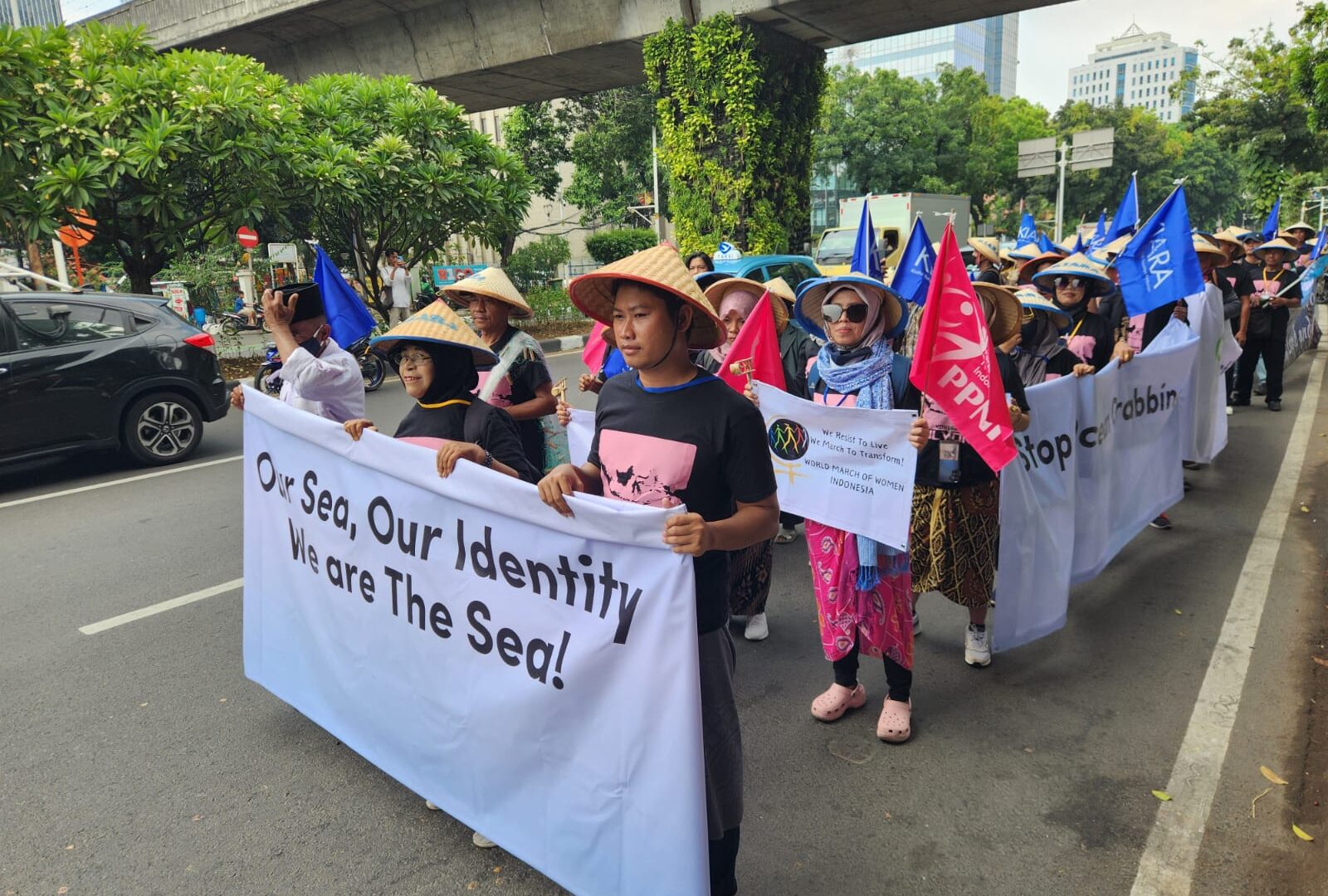WMW Asia-Oceania Supports Indonesia’s Fisherfolk in the Fight Against Ocean Grabbing and the Blue Economy
During the two terms of President Joko Widodo, ocean grabbing has surged across Indonesia under the guise of the Blue Economy, a framework ostensibly aimed at fostering economic growth, development, and conservation of natural resources. In reality, however, it has often facilitated large-scale projects detrimental to coastal and island communities, such as reclamation projects, extensive sand and mineral mining, tourism development, conservation zones, and expanded shrimp cultivation areas. These activities have left communities vulnerable to land loss, environmental degradation, and intimidation.
Many communities, including those on Rempang Island, Wawonii Island, Sangiang Island, and Pari Island, report escalating threats and criminalization from law enforcement and private sector entities. This ongoing encroachment on their land and resources has fueled significant unrest and resistance within the affected communities.
In response to these urgent issues, KIARA, in collaboration with fisherfolk networks such as the Indonesian Fisherwomen Sisterhood (PPNI) and the Indonesian Fisherfolk Union (SNI), organized the Marine Fisherfolk Festival from October 8–10, 2024, in Jakarta. With the theme “Encouraging Indonesia Marine Sovereignty for Fisherfolk Welfare,” the event brought together more than 70 fisherfolk and fisherwomen from 19 provinces across Indonesia to raise awareness and seek solutions.

The festival featured key collaborations with Trend Asia, the Indonesian Legal Aid Foundation (YLBHI), Indonesia for Global Justice, Bina Desa, PIKUL, the Indonesia Working Group of ICCA (WGII), Team 9, and the Participatory Mapping Working Network (JKPP). This effort was further bolstered by the support of the World Forum of Fisher People (WFFP) and the World March of Women (WMW).
Fisherfolk participants shared first-hand accounts of exploitation, including the extraction of 17 billion cubic meters of sand sediment, reclamation projects covering 90 hectares in Manado and 1084 hectares in Surabaya, nickel mining on Wawonii Island, and pollution from shrimp farming in productive coastal areas. These cases highlight the severe impacts of unchecked resource extraction on community livelihoods, the environment, and local economies.
The festival also included meetings with officials from the Ministry of Environment and Forestry and the Ministry of Villages, along with a protest at the Ministry of Marine Affairs and Fisheries. While 10 fisherfolk representatives were granted an audience with Ministry staff, the outcome was discouraging: officials recorded the grievances but provided no clear commitments to address them.
Despite these setbacks, participants reaffirmed their commitment to building a resilient, educated, and organized grassroots movement to resist ocean grabbing and protect Indonesia’s coastal sovereignty.
WMW Asia-Oceania stands in solidarity with Indonesia’s fisherfolk in their ongoing struggle for justice, sustainable livelihoods, and sovereignty over their lands and waters.
We resist to live, we march to transform!

